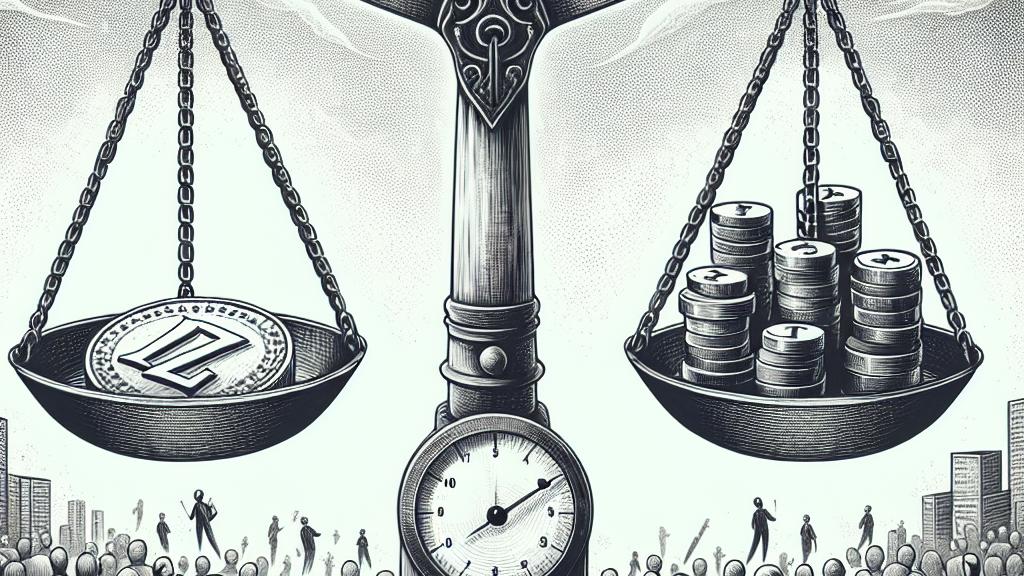Is the Yuan's Fixed Rate a Recipe for Economic Disaster?
Overview
- China's central bank faces escalating pressure to sustain the yuan amidst economic turbulence.
- The yuan's effective peg to the dollar raises serious concerns about prolonged currency devaluation.
- Increasing carry trades targeting low-interest yuan could deepen the yuan's depreciation.

The Current Situation in China
The yuan (CNY) is at a critical crossroads, with significant implications for China's economy. The People's Bank of China (PBOC) has been actively managing the currency by maintaining a daily fixed exchange rate, currently set about 1.5% higher than actual market values against the U.S. dollar (USD). This strategy aims to prevent capital outflows and stabilize the currency, yet it may be fostering a false sense of security. Investors are becoming increasingly aware that such interventions often mask deeper economic issues, including slowing growth and rising debt levels. The longer the PBOC persists with this approach, the greater the risk that investors will lose confidence, leading to a potential crisis where the yuan could plummet in value if the peg is discarded or adjusted suddenly.
Understanding Carry Trades and Their Impact
Carry trades are a strategy where investors borrow in a currency with low interest rates—like the yuan—and invest in higher-yielding assets elsewhere. Given the current economic climate, this strategy is becoming increasingly attractive, putting further pressure on the yuan. As global interest rates rise, particularly in the U.S., carry trades may accelerate as traders seek opportunities outside China, reinforcing the cycle of yuan depreciation. For instance, as funds are increasingly directed to higher returns, the yuan may weaken further due to a dramatic increase in supply in the market. This created dynamic can exacerbate the risks, contributing to economic instability and potentially leading to severe market corrections that threaten not just the currency but the broader financial system in China.
Broader Economic Implications
The consequences of a persistently fixed exchange rate accompanied by a weakening yuan could be profound. A depreciating yuan raises costs for imports, leading to inflation that hampers consumer spending and stifles economic growth. A loss of confidence in the currency may prompt rapid capital flight, where investors rapidly convert their yuan into more stable currencies, fueling even more depreciation. This situation closely mirrors historical crises experienced in other emerging markets where a rigid currency peg ultimately broke, triggering extensive economic fallout. Such events have lasting impacts, leading to increased scrutiny from international investors and potentially damaging trade relationships. If these trends are not addressed through effective monetary policy and structural reforms, China risks entering a cycle of economic instability that could have reverberating effects throughout the global economy.

Loading...